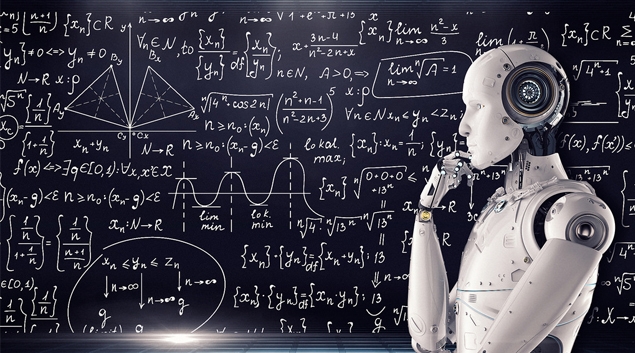Workshop on Artificial Consciousness : ArtCons '20)
Tentative Date: (Virtual Mode) 12.12.2020


Artificial Consciousness is a field related to AI, Cognitive Robotics and Philosophy of Mind. Although still quite limited, artificial intelligence has made impressive gains across a wide array of domains, including image, voice, and natural language processing as well as goal-based action planning for autonomous control. Machine learning, and in particular the combination of deep neural networks and reinforcement learning algorithms, have enabled breakthroughs in perception-action systems in the fields of computer vision, low-level natural language processing, and game playing. However, these types of tasks all correspond to the sort of processing that people can accomplish with little conscious effort. In contrast, the sort of processing which humans can do only when they apply their conscious mind to it remains a challenge for current deep learning. Examples include semantic understanding, counterfactual reasoning, and long-term planning. It is hypothesized, and supported by evidence, that the functionalities associated with consciousness help humans generalize better out-of-distribution, enable them to re-use knowledge in appropriate and novel ways, capture causal dependencies, reason and plan at an abstract level, and manipulate deliberately the kind of high-level concepts which we communicate with natural language. This workshop will explore the functions associated with consciousness and how they could be implemented by machine learning algorithms, what their advantages would be for learning agents, and what this could mean at a philosophical and social level if we could do it. An interesting hypothesis is that the kind of high-level knowledge which can be manipulated consciously satisfies assumptions which provide generalization advantages, in particular in a changing environment. This workshop is therefore by nature highly multi-disciplinary, with progress in this field requiring the meeting of minds from disciplines like machine learning, neuroscience, cognitive science and philosophy of mind.
ArtCons 2020 Goals:
Yoshua Bengio, professor at Université de Montréal and scientific director of MILA, is a co-recipient of the 2018 ACM A.M. Turing Award for his pioneering work in deep learning. He has organized multiple events and workshops (at NeurIPS and other ML conferences), in particular he co-organized most of the early deep learning workshops, and more recently co-organized AI for Social Good and AI & Climate Change workshops.
Snehasis Banerjee, a Senior Member of ACM and IEEE, is a Cognitive Robotics Scientist at TCS Research (TATA). He has previously organized many events including ACM India Annual Day 2017 and IEEE Tensymp 2019. Recently he was a TPC member at ICML 2020. One of his main research interests is to make machines conscious.
Paul King is a data science manager at Uber, previously at Facebook. Prior to data science, he was a visiting scholar at the UC Berkeley Redwood Center for Theoretical Neuroscience where he worked on biologically plausible computational models of representation formation in the human vision system. He has a longstanding interest in neuroscience and machine consciousness. He studied computer science at Harvard.
Ari Seff is a PhD student in computer science at Princeton University (supervisor Ryan Adams) and currently focuses on generative modeling and program induction. Previously, he has worked at Google, Ford, and the NIH on applications ranging from autonomous driving to computer-aided diagnostics. He has experience organizing large workshops, including the Large-Scale Scene Understanding (LSUN) workshops at CVPR 2015 and 2016.
Blake Richards is an Assistant Professor in the Montreal Neurological Institute and the School of Computer Science at McGill University. He is a Canada CIFAR AI Chair, and was the 2019 Young Investigator Award recipient from the Canadian Association for Neuroscience. He is also a Fellow of the CIFAR Learning in Machines and Brains Program, and a Lab Scientist with the Creative Destruction Lab. He has organized multiple interdisciplinary workshops in the past, including a Cosyne workshop on Deep Learning in Neuroscience, a CIFAR Brain-Machine Interface workshop in Banff in 2019.